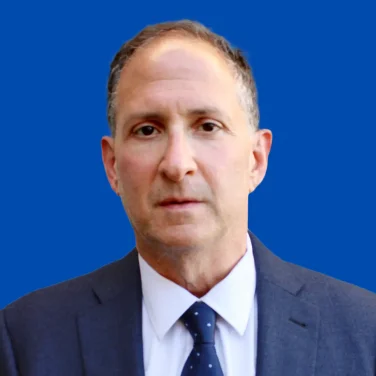How Medicaid works for long-term care
When Medicaid was set up, it was designed as a safety net to provide free healthcare services for low-income individuals, including coverage for long-term care. For aging adults, eligibility for Medicaid coverage in a nursing home will only be available once you have depleted other assets. You could also be left without any money to move out of the nursing home if your condition improves.
Through proper estate planning, it is possible to minimize the effects of Medicaid eligibility requirements on your assets. An important consideration for any Medicaid plan is the 60-month look-back provision where the government can check for transfers of assets to loved ones. If a transfer is determined to be non-exempt, a period of ineligibility will result, forcing you to pay out-of-pocket for a penalty period.
Protecting your assets from Medicaid eligibility requirements
If you are considering an asset-protection plan, it is best to consult with an attorney before attempting to shelter certain assets from Medicaid. Here are a few of the common methods our attorneys might recommend:
Gifts: Some items, such as household goods, income-producing property, personal effects, and possibly your home or retirement accounts, can be transferred to another as a “gift”, without penalty, for little or no compensation. However, a gift tax might result in certain instances.
Irrevocable trusts: Because this type of trust becomes the legal owner of these assets, any assets transferred into it no longer belong to the Medicaid applicant. A designated trustee must be assigned to the trust, who will pass the assets to beneficiaries upon your death. For example, the family home could become an asset in the irrevocable trust, and even if it is sold while the Medicaid recipient is still living, the proceeds cannot be counted as a financial resource for Medicaid purposes. Keep in mind that these trusts are still subject to the five-year lookback period for Medicaid eligibility.
Testamentary Trust: A testamentary trust works in much the same way as an irrevocable trust, but it is designed to protect the beneficiary instead of the grantor. It may be a good solution for protecting the assets of a surviving spouse while enhancing their eligibility for Medicaid.
Special Needs Trust: Medicaid allows transfers of assets to a Special Needs Trust for disabled individuals who are under the age of 65. However, after the disabled person dies, the trust must reimburse the state for any excess funds spent on behalf of the Medicaid recipient.
Annuities: A married couple might purchase a single-premium annuity to benefit a well spouse, which enables the spouse seeking long-term care to qualify for Medicaid while allowing the well spouse to maintain his or her standard of living.
Life Estates: It is possible to create a life estate that allows you, as the “life tenant”, to maintain the right to live in the family home until death. Upon your death the home will be transferred to a chosen beneficiary, but keep in mind that this will be subject to Medicaid’s five-year lookback. As with any property transfer, gift, estate, and capital gains taxes may apply.
Consider reviewing your Medicaid asset protection strategy with an experienced attorney at Dilendorf Law Firm. We can help you incorporate these strategies into your wealth management plan.
Resources:
Summary
Service Type
Medicaid Planning
Provider Name
Dilendorf Law Firm,
60 Broad Street, 24th Floor,New York,New York-10004,
Telephone No.212.457.9797
Area
Alabama Alaska Arizona Arkansas California Colorado Connecticut Delaware Florida Georgia Hawaii Idaho Illinois Indiana Iowa Kansas Kentucky Louisiana Maine Maryland Massachusetts Michigan Minnesota Mississippi Missouri Montana Nebraska Nevada New Hampshire New Jersey New Mexico New York North Carolina North Dakota Ohio Oklahoma Oregon Pennsylvania Rhode Island South Carolina South Dakota Tennessee Texas Utah Vermont Virginia Washington West Virginia Wisconsin Wyoming
Description
When considering how best to protect your assets from nursing home costs, it is important to consult with the asset protection strategists at Dilendorf Law Firm. We will closely examine how Medicaid eligibility could affect plans to pass your assets on to future generations.











































